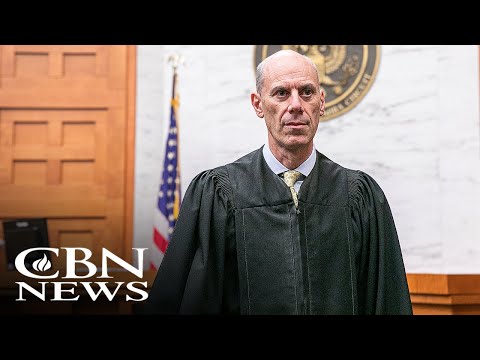The recent discussions in Congress about judicial overreach highlight a significant issue. The concept of the three branches of government—executive, legislative, and judicial—was designed by the Founding Fathers to ensure a system of checks and balances. However, recent incidents, such as universal injunctions issued by federal judges, have raised concerns about the extent of judicial power and its impact on law and order in society. This conversation is not just about politics; it touches on the moral fabric of our nation and the principles many hold dear.
Newt Gingrich has emphasized that the role of judges was never intended to make national policy in the context of this discussion. There are arguments that allowing one judge to decide matters that affect vast numbers of citizens who are not before the court undermines the entire judicial system. Many believe that just governance should respect a balanced framework designed to uphold justice. It raises questions about accountability and the proper limits of authority within our government.
The concerns around judicial influence over national policy form part of a broader narrative about governance and the boundaries of judicial authority. Many leaders affirm that the rule of law is crucial for maintaining order and protecting communities. Acts that compromise this system can create a sense of insecurity and uncertainty among families.
Moreover, the recognition of the problem with universal injunctions indicates a significant call to reconsider the power dynamics in Washington. There is a debate over the implications of these judicial actions, highlighting a need for collaboration in preserving the integrity of the Constitution. The issue has drawn attention to the fact that governance should reflect the will of the people as expressed through their elected representatives, rather than being dictated by judicial rulings that overlook the concerns of the electorate.
As Congress continues to explore legislation that would restrict federal judges from issuing nationwide injunctions, it is essential for communities to engage with this issue. Upholding the balance among the branches of government is not merely a political endeavor; it echoes a broader imperative to maintain a society that respects authority and justice. By advocating for thoughtful reforms, various groups can play a significant role in shaping a government that aligns with shared values.



